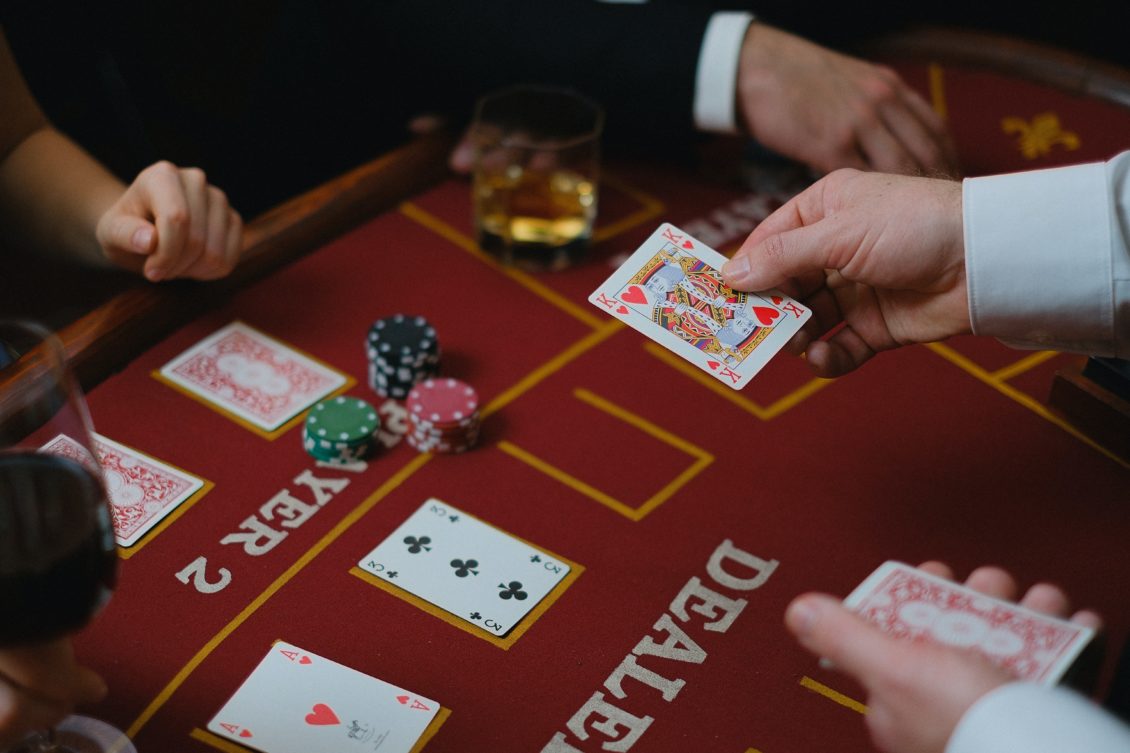
Casino games have long been a fascinating source of amusement, drawing countless of players from diverse cultures around the globe. From the lively casinos of the Strip to the thriving gambling halls of the Cotai Strip, these games serve as a common thread that brings together people across a variety of backgrounds. MM88 The allure of fortune, strategy, and risk entices not only those hoping to strike it rich but also those in search of a sense of community.
The cultural impact of casino games extends far beyond the gaming floor. They often reflect the values and beliefs of the communities in which they thrive. Games such as Texas hold ’em, blackjack, and the spinning wheel have embedded themselves into the tapestry of mainstream culture, influencing various aspects from cinema to fashion. As we explore this captivating intersection of luck and society, we can better understand how casino games shape and are shaped by the world around us.
Historical Progression of Gambling Activities
The origins of gambling games can be traced back to old cultures, where betting in different forms was widely practiced. In China, around two thousand three hundred years before Christ, a variant of gambling known as Keno was common, while in old the Roman Empire, soldiers would frequently gamble on the outcomes of their games. The idea of using luck for entertainment and profit evolved over the centuries, leading to the establishment of more structured games. By the late Middle Ages, betting houses initiated to appear in Europe, particularly in Italy, which brought forth early incarnations of well-liked games still enjoyed today.
As betting gained popularity in the continent, the 17th and 18th centuries saw the emergence of gambling establishments as exclusive locations for betting. The first official casino, the Ridotto, was founded in the city of Venice in the year 1638, providing activities like Baccarat and Faro. This era marked a crucial shifting point, as casinos started to attract not just the wealthy but also the expanding middle-income class. The refinement of games increased, leading to the introduction of new guidelines and modifications that enriched the play experience.
In the 19th century, the industrial age and changes in societal conventions additionally changed the terrain of casino activities. The introduction of the game of roulette and modern slot machines drew a larger crowd, and gambling establishments became seen as legitimate forms of fun. This period witnessed the international spread of gambling, as gambling houses expanded from Europe to the New World, culminating in the establishment of the famous Las Vegas Strip in the 1900s. The development of gambling games has progressed into the current era, incorporating modern technology and digital platforms, making them open to a global audience.
# Cultural Significance across Diverse Societies
Casino activities have deep-rooted cultural and social importance within numerous communities across the globe. For instance, in Las Vegas, the very core of the urban landscape is woven around gambling establishments, where gaming is not just a pastime but a fundamental aspect of leisure and community interaction. The dazzling lights and dynamic atmosphere attract millions, showcasing how casino games can influence local economies and cultural uniqueness. This setting transforms the notion of leisure into an immersive experience that affects style, music, and even film.
In contrast, some cultures approach wagering with greater care, seeing it through the lens of ethical considerations and customs. For example, in various Eastern cultures, games like Mahjong and Pai Gow are steeped in history and possess significant social meanings. These games are often played during get-togethers and occasions, fostering social ties and reinforcing familial ties. The act of playing these games goes beyond mere amusement, reflecting principles such as respect for elders and the significance of collective enjoyment.
Meanwhile, in continental countries such as Monte Carlo and the Italian Peninsula, gambling activities serve as symbols of wealth and refinement. The stylish atmosphere of these establishments attracts both tourists and native inhabitants, reinforcing a sense of status and elitism. The art of Texas Hold’em and the tactical components of games like banker’s game are esteemed, influencing interpersonal interactions and establishing an appeal that fascinates a heterogeneous audience. This underscores how games of chance can simultaneously mirror and shape cultural perspectives towards danger, gain, and community interaction.
Financial Influence and Tourism
Gambling activities play a important role in the economic landscape of many regions, particularly those that depend significantly on tourism. The revenue generated from casino operations fuels local economies, creating employment opportunities not only within the casinos themselves but also in related sectors such as hospitality, restaurant services, and recreation. This surge of tourists, drawn by the attraction of gambling and the overall casino experience, stimulates spending across multiple local enterprises, contributing to the economic vitality of the area.
The existence of casinos often leads to the construction of facilities, including lodging, public transit, and leisure amenities. These improvements are essential in improving the overall tourist experience, making destinations more appealing to tourists. Additionally, many casinos invest in local communities through support of events and charitable activities, further integrating themselves into the social fabric of the locality. Such investment not only supports economic growth but also fosters a positive reputation of the casino industry.
In addition, the worldwide appeal of casino games drives tourism competition, with locations vying to attract players from around the world. Iconic locations like Las Vegas and Macau have become identifiable with gambling culture, drawing millions each year. This competitive edge encourages creativity and variety within the gaming industry, influencing developments in leisure and accommodation that extend beyond their borders. The ripple effects of this visitor influx extend far, impacting local economies and cultural interactions on a global scale. MM88